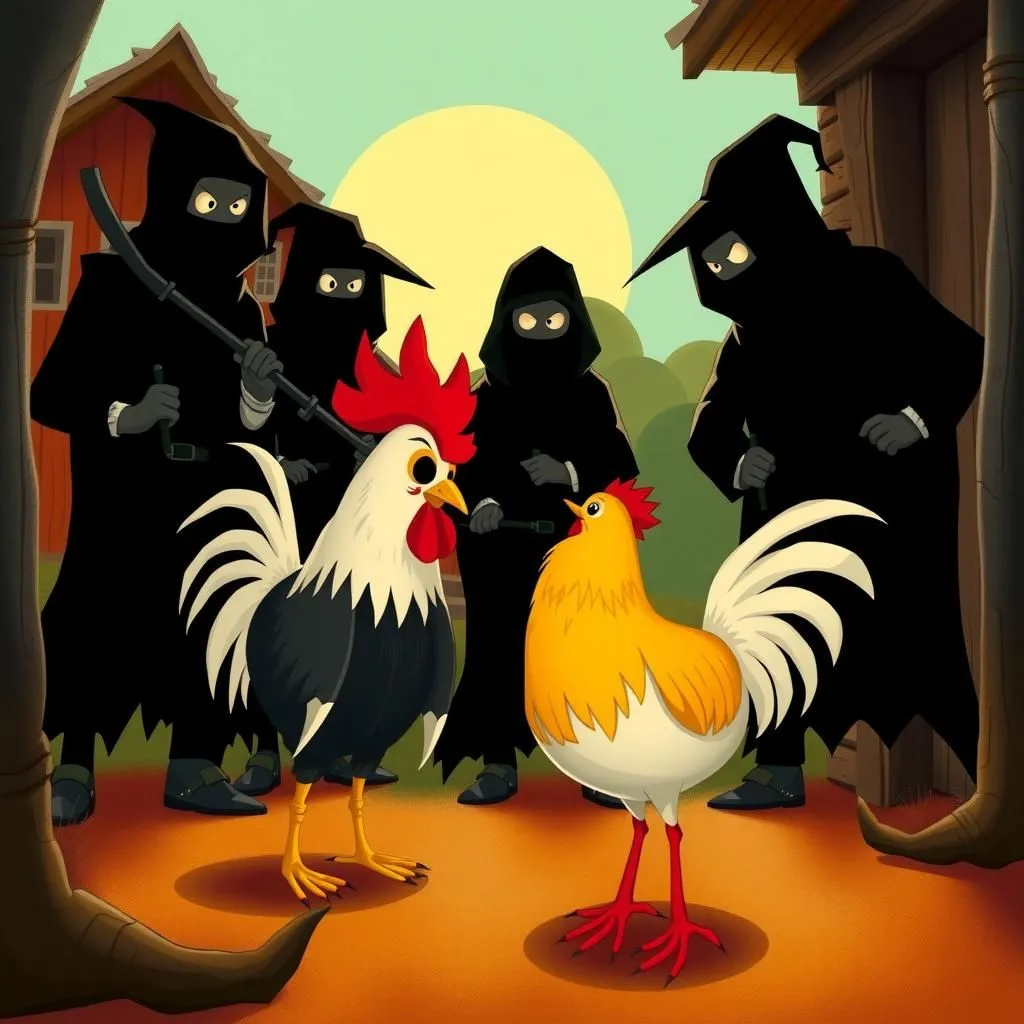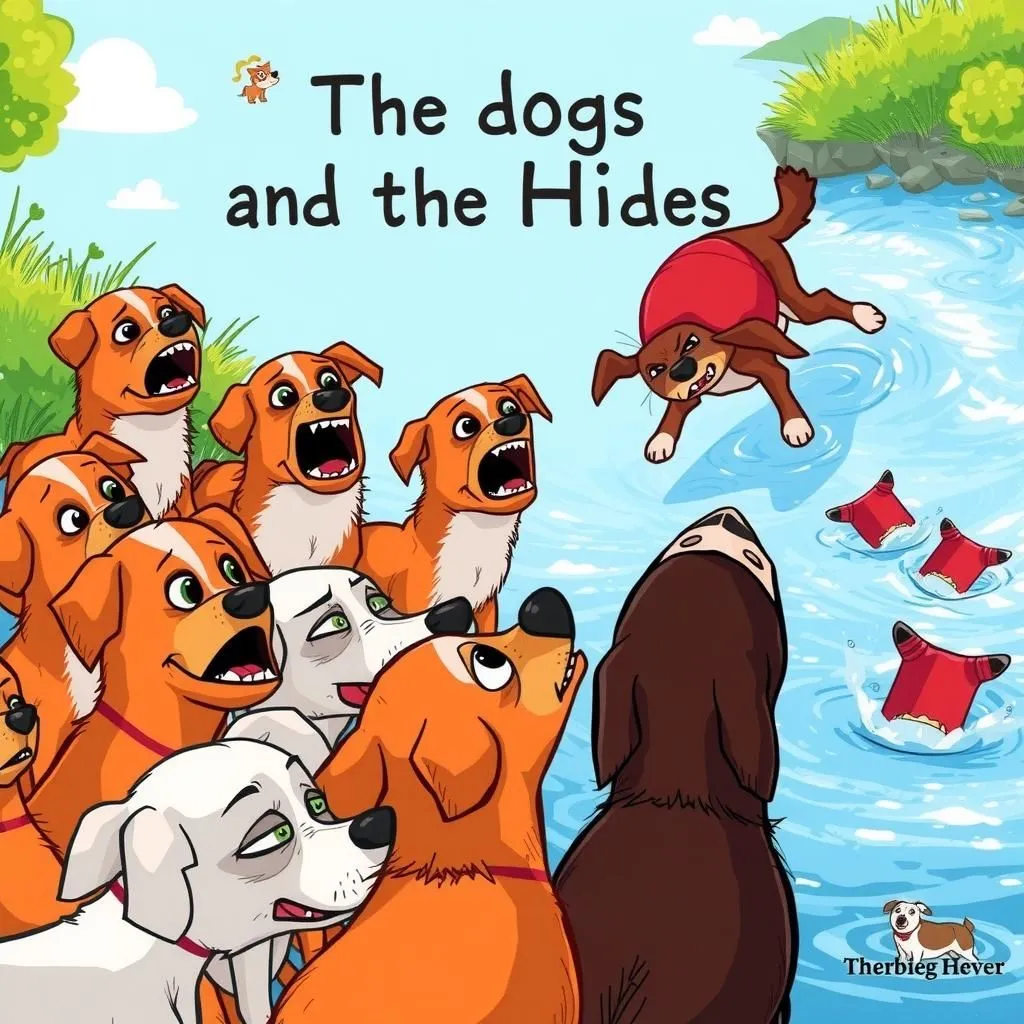
The Flies and the Honey Pot
In "The Flies and the Honey Pot," a well-known moral story illustrates the perils of succumbing to short-term gratification. A group of flies, drawn to spilled honey, indulges to the point of becoming trapped, ultimately suffocating and lamenting their foolishness. This poignant short story with moral lessons for adults emphasizes the importance of prioritizing long-term well-being over fleeting pleasures.


